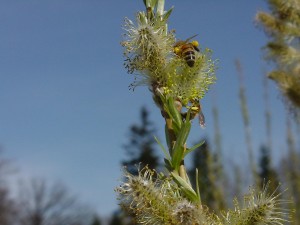DEFRA are currently seeking views on the Common Agricultural Policy reform. The consultation will run until November 28th. More details can be found on the above link or by calling DEFRA on 020 7238 6348. Responses to the consultation should be sent to [email protected].
We will be co-ordinating a response with other organisations active in the energy crops sector including Murray Carter, Strawsons Energy, Iggesund, Rothamsted Research, University of Southampton, AFBI, Game and Wildlife Conservation Trust, National Non Food Crops Centre, Energy Technologies Institute, Centre for Sustainable Energy and Dorset County Council.
We will be adding links to papers, reports and journal articles to this blog over the coming weeks so please feel free to use this blog as a resource so that a positive message can be sent back to DEFRA and the European Commission and European Parliament.
Our view is that woody energy crops in general and short rotation coppice (SRC) willow in particular are multi-functional environmental crops – they do much more than just produce an energy resource and could have a major economic impact. Rather than being marginalised by the current CAP reforms these crops should be at the very centre of future agri-environmental schemes.

Bees need early sources of pollen to help rear their grubs. SRC willows provide an abundant source in late winter and early spring.
Here are some key benefits of multi-functional environmental crops:
The above are proved by international research carried out by respected universities, institutes and independent consultancies. Here are some important examples:
Biodiversity benefits
Potential for scaling up energy crop areas
Multifunctional uses
Social, Economic and Environmental Implications of Increasing Rural Land Use under Energy Crops
Other impacts of energy crops
Other publications
If you would like to join our response to the CAP reform consultation please contact us